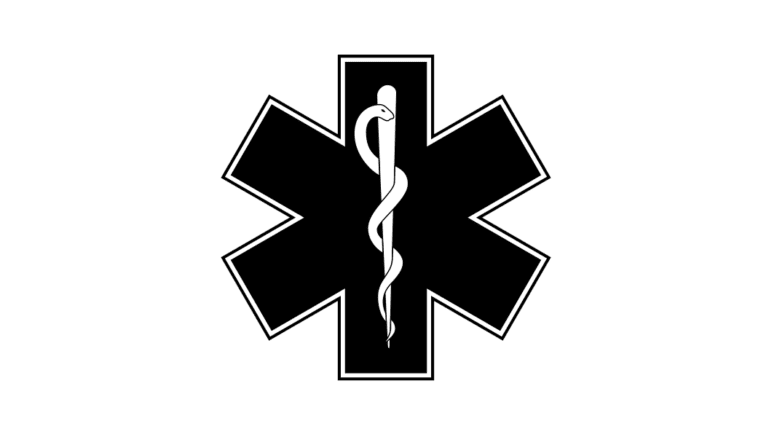by Jill Nolin, Georgia Recorder [This article first appeared in the Georgia Recorder, republished with permission]
February 21, 2023
A bipartisan group of lawmakers intends to build on last year’s major behavioral health bill with another wide-ranging measure that advocates celebrated as proof of sustained energy behind efforts to improve access to care in Georgia.
The 51-page bill – HB 520 – was filed Tuesday and boosted by House Speaker Jon Burns at a press conference. It comes as dozens of other bills focused on mental health-related issues have been floated this session.
“We said (last year) that this would be a multi-year effort,” Burns, a Newington Republican, told reporters. “Today, we begin the next chapter of our ongoing commitment to better mental health care in Georgia.”
This year’s proposal is focused on growing the behavioral health workforce – partly by expanding a loan repayment program – while sizing up the state’s crisis bed needs and taking steps to pry loose aggregated health data from state agencies to better inform decision-making in the future.
“There is not a week that goes by when we literally have at least one or two Georgians contact us personally and say my son, my daughter, my cousin – what am I supposed to do?” said Rep. Todd Jones, a South Forsyth Republican and the bill’s co-sponsor.
“They can’t find a bed. They can’t find a critical illness bed. They can’t find a place for them to go or to step down. We need to address this, and we need to study this,” he said.
The bill also proposes changes meant to chip away at barriers to housing, such as barring local housing authorities from rejecting an applicant who has a criminal record, and it calls for a pilot program to do behavioral health screenings in county jails. Two seats for peers, who are people in recovery, would be added to the state’s reform-minded behavioral health commission.
It attempts to fix elements of last year’s bill, such as a program for assisted outpatient treatment through the courts that has been slow to take off.
The measure would also create two task forces: one that would take a crack at “reviewing and building a continuum of care to ensure access to and appropriate use” of the state’s behavioral health system and criminal justice system, including a study of current inpatient bed capacity, and another that would look at the impact of behavioral health on Georgia’s homeless population.
And it would look at ways to modernize the state’s licensing requirements in hopes of identifying and removing barriers to employment as lawmakers try to shore up the behavioral health workforce.
“We know that workforce deficiencies are at the heart of many of the problems all our businesses and all our social services are facing this year and will for the immediate future,” said Rep. Mary Margaret Oliver, a Decatur Democrat and the bill’s co-sponsor.
Oliver said the results of a recent study that looked at what the state reimburses providers for behavioral health services through Medicaid, including children’s psychiatric care, could help shape next year’s spending plan that takes effect this summer.
“We know that of the 600 intensive psychiatric beds for children, over half of them are taken by children of other states because Georgia’s reimbursement rate is simply lower,” Oliver said.
Leading advocates for a broad coalition that rallied behind last year’s bill said Tuesday they were encouraged by what they were hearing but were still digging into the details.
Jeff Breedlove, chief of communications and policy with the Georgia Council for Recovery, called the focus on workforce essential so people can access care when they need it.
“This system is being transformed, not tweaked,” Breedlove said. “They are trying to fix a system that was broken over decades, and it’s going to take several sessions to get us to where we want to be.”
Kim Jones, executive director for NAMI Georgia, said it’s also key that lawmakers rethink those Medicaid reimbursement rates for providers.
“The rate studies that have come out have shown that we are far below where we need to be here in the state of Georgia to make sure that beds are available for Georgians and not people from out of state,” Jones said. “We are hopeful and confident that all of that will be addressed.”
Georgia still ranks near the bottom when it comes to access to mental health treatment, according to Mental Health America. But last year’s law was widely seen as a promising first step toward better connecting Georgians with the mental health and substance use disorder treatment they need.
The late House Speaker David Ralston, who was a key driving force behind last year’s bill, died in November. When the new bill was filed Tuesday, “In honor of SDR7” was written beside the bill sponsors’ names. Ralston represented District 7.
“While we missed him dearly, we are proud to continue the work he inspired,” Burns said.
Georgia Recorder is part of States Newsroom, a network of news bureaus supported by grants and a coalition of donors as a 501c(3) public charity. Georgia Recorder maintains editorial independence. Contact Editor John McCosh for questions: info@georgiarecorder.com. Follow Georgia Recorder on Facebook and Twitter.



